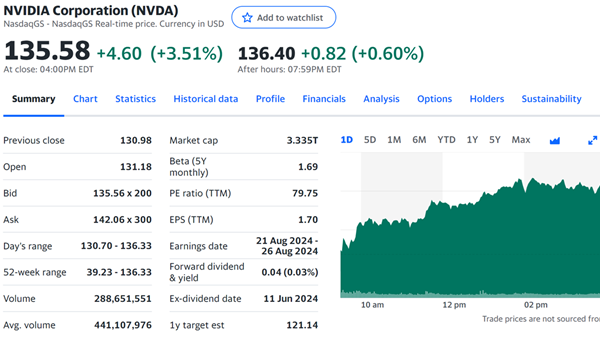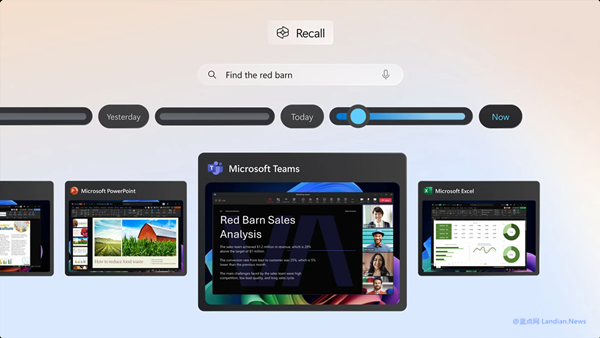Following the EU, the U.S. also launches an antitrust investigation into Microsoft, focusing on cloud computing and software licensing businesses.
Previously, Microsoft alleviated potential antitrust lawsuits in the European Union through financial settlements, stemming from accusations by European cloud computing providers. These providers claimed Microsoft attracted customers and suppressed competition through software license bundling and discounts.
Despite settling these accusations by paying over $20 million, the EU may still decide to conduct a final antitrust investigation into Microsoft based on the circumstances.
Now, Microsoft faces a similar situation in the United States, where its licensing strategies have inevitably drawn complaints from competitors and attention from regulatory bodies. The Federal Trade Commission (FTC) is currently investigating Microsoft for anti-competitive behavior.
Bloomberg first reported this news, followed by technology website The Verge, which confirmed from sources that the antitrust investigation is underway, focusing on cloud computing, software licensing agreements, and artificial intelligence, among others.
One focus is on how Microsoft bundles its productivity and security software with Microsoft Azure services. The FTC's interest in Microsoft's cloud business has grown, especially after multiple security incidents, given that Microsoft is a top software supplier to the U.S. government.
In recent years, the U.S. has launched antitrust investigations against tech giants like Apple, Amazon, Google, and Meta, but Microsoft was not among them. However, it may not be easy for Microsoft to avoid scrutiny.
It's evident that Google and Amazon are involved in the antitrust investigations, especially since Google actively lobbied the EU not to drop its investigation into Microsoft during a previous cloud computing antitrust inquiry.
In terms of market share, Amazon's AWS surpasses Microsoft's Azure. However, in software services, such as Windows Server, Amazon and Google Cloud must purchase from Microsoft and then resell to their customers. The software licensing issue mentioned here pertains to Microsoft leveraging Windows Server licenses, offering more discounts for enterprises using Azure, making it more costly to use Google or Amazon.
According to current market reports, the FTC's investigation covers Microsoft Azure, cybersecurity services, and artificial intelligence products, which are key businesses for Microsoft. If the FTC concludes that Microsoft has engaged in monopolistic behavior, Microsoft could face significant fines.










